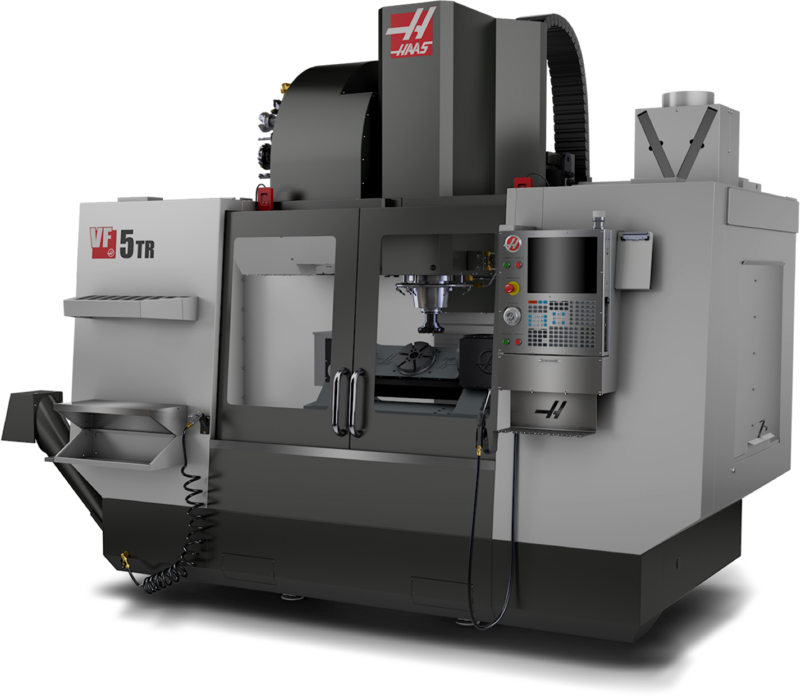Metal Fabrication

Metal fabrication transforms raw metal into components or end products using processes that include forging, stamping, bending, forming, and machining, to shape individual pieces. Additional processes, such as welding and assembling are often used to join separate parts to complete a manufactured product.
There are a number of methods required to offer a complete metal fabrication service. RJM offers metal fabrication options that include:
- Custom forging and stamping;
- Cutlery and hand tool manufacturing;
- Pipes and pipe fitting production;
- Architectural and structural metals manufacturing;
- Boiler, tank, and shipping container manufacturing;
- Hardware manufacturing;
- Spring and wire product manufacturing;
- Machine shop manufacturing for turned products, including screws, nuts, and bolts;
- Custom car parts manufacturing;
- Metal windows and doors production;
- Coating, engraving and heat treating;
- Almost any custom part.
RJM is a full-service metal fabrication and manufacturing facility. By having all services under one roof, you eliminate the time-consuming need to coordinate numerous vendors to get the job done.
There are many steps required to guarantee a successful finished product.
- The first step is your product design. This can take the form of a completed CAD/CAM design or a finished prototype. RJM will work with you to create designs from scratch or work to help perfect your existing design. Once the prototype is approved, we work to identify the types of metal to be used and any finishing process that might be required.
- Now it’s time to start actual fabrication. RJM uses sophisticated equipment and computer guided technology to cut and shape each component. This equipment uses combinations of shears, mills, lathes, and nibblers to finish the product. CNC machining tools are often used for more complicated parts. RJM has the industry’s most sophisticated and technically advanced CNC machining equipment in the world.
- The last step is to finish and/or assemble components into the final product. Finishing might include grinding and deburring to ensure that parts have no excess material. Metals can also be heat treated to strengthen them, or plated with zinc or another finish.
- Parts are then packaged and shipped.
Most metal fabrication falls into three primary categories: Commercial, Industrial and Structural.
Commercial metal fabrication is work done to create commercial products that are used by consumers. Appliances and cars are common consumer products that use commercial fabrication.
Industrial metal fabrication produces components used in equipment that is then used to manufacture consumer goods. These items include band saws and ironworking machines used to make other products.
Structural metal fabrication refers to work done as part of a building process. This includes creation of metal components used in large-scale projects such as buildings and skyscrapers.
Metal fabrication has all kinds of applications in many industries, including:
- Aerospace;
- Agricultural;
- Alternative energy;
- Automotive;
- Construction;
- Consumer products;
- Military and defense;
- Original equipment parts manufacturing;
- Recreational vehicles.
The metal fabrication process itself involves many techniques that might be needed to finish a particular product or component. RJM has a full-service shop that can perform the following standard and custom fabricating needs:
- Cutting is a main process in metal fabrication. This is accomplished by numerous means including waterjet cutting, laser cutting, chopping, sawing, shearing and chiseling.
- Casting is a method where a mold is used and molten metal is poured in. After the metal cools, the mold is removed to reveal the finished part.
- Forging uses high-pressure to bend and shape raw metal.
- Punching allows pre-designed patterns to be set into the metal.
- Drawing uses tensile force to pull liquid metal into a tapered die.
- Milling bores perforations into the metal.
- Drilling cuts holes into the metal using a circular bit.
- Turning allows a technician to cut metal radially with a tool as it spins.
- Extrusion is used to form cylindrical parts, such as pipes or electrical wires.
RJM is ready to handle all of your metal fabrication needs. No job is too big or too small for our trained staff of experienced and hard-working fabricators that include welders, ironworkers, blacksmiths, boilermakers, and other professionals.
Consult with one of our planning engineers today.
